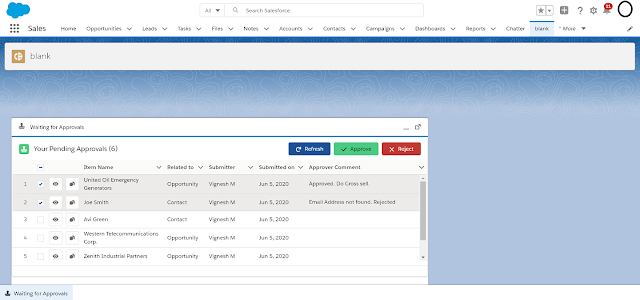Android has become a hedge against Microsoft and Windows...
Android has become a hedge against Microsoft and Windows
Hewlett-Packard rolled out another Android device this week. This could become a pattern as PC makers hedge against a world that's less about Microsoft
and more about Google.
On Tuesday, the largest PC maker in the world -- a dubious distinction these days -- added a laptop-tablet hybrid to its growing
stable of products based on Google operating systems.
The $479 HP SlateBook x2 is an Android first for HP. It's "powered by Android, the
world's most popular mobile operating system...100 percent tablet, 100 percent notebook, 100 percent Android," according
to the company's ad copy.
The operative phrase is "most popular mobile operating system." HP knows that mobile, not desktop, OSes are where things
are headed.
Related stories
HP SlateBook x2 ships in August with keyboard dock, Tegra 4 in tow
This follows the announcement of an HP Chromebook and the Slate 7 Android tablet in February.
Don't expect HP to stop there. Android is a force of nature that's only going to get bigger and more important.
Asus, another big Windows PC maker, is leaning more on Android these days too. It
makes the popular Nexus 7 for Google (second-generation 7 is due soon), its Transformer Pad has been well received ,
and Asus came out with an Intel-based Android FonePad recently.
And Acer, after whining incessantly about Microsoft's foray into the PC business via
Surface, has been busy introducing its share of Android devices, like its most
recent entrant, the Iconia A1 .
All of the above "PC makers" will continue to make Windows laptops, hybrids, and tablets (HP also announced the Windows 8-
based Split x2 this week), but the market momentum is in Android's favor.

Comments
Post a Comment